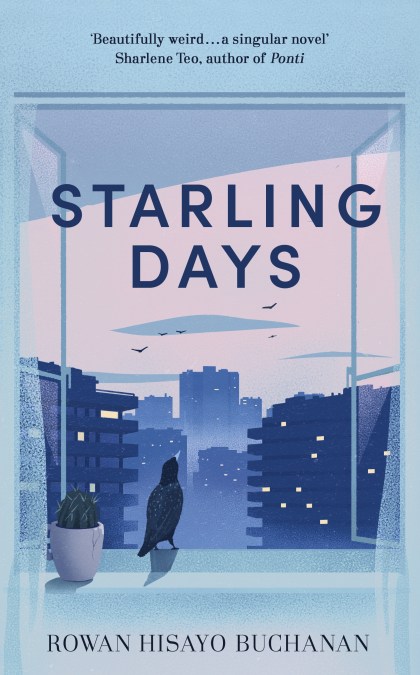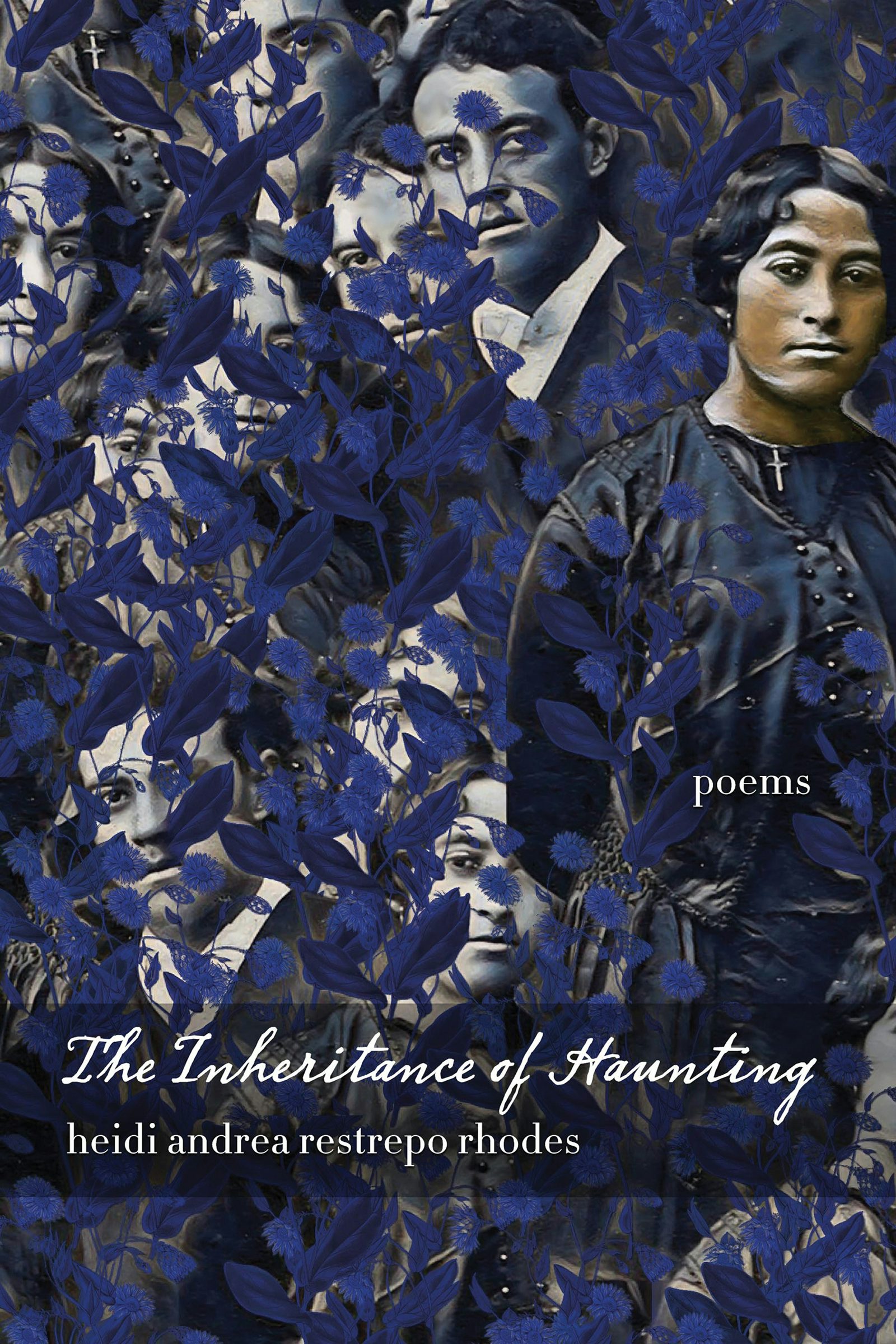The Collected Stories of Machado de Assis
W. W. Norton
June 2018
960 pages
6.6 x 9.6 in
Hardcover ISBN: 978-0-87140-496-1
Joaquim Maria Machado de Assis (1839-1908)
Translated by: Robin Patterson and Margaret Jull Costa
Foreword by: Michael Wood

New York Times Critics’ Best of the Year
A landmark event, the complete stories of Machado de Assis finally appear in English for the first time in this extraordinary new translation.
Widely acclaimed as the progenitor of twentieth-century Latin American fiction, Machado de Assis (1839–1908)—the son of a mulatto father and a washerwoman, and the grandson of freed slaves—was hailed in his lifetime as Brazil’s greatest writer. His prodigious output of novels, plays, and stories rivaled contemporaries like Chekhov, Flaubert, and Maupassant, but, shockingly, he was barely translated into English until 1963 and still lacks proper recognition today. Drawn to the master’s psychologically probing tales of fin-de-siècle Rio de Janeiro, a world populated with dissolute plutocrats, grasping parvenus, and struggling spinsters, acclaimed translators Margaret Jull Costa and Robin Patterson have now combined Machado’s seven short-story collections into one volume, featuring seventy-six stories, a dozen appearing in English for the first time.
Born in the outskirts of Rio, Machado displayed a precocious interest in books and languages and, despite his impoverished background, miraculously became a well-known intellectual figure in Brazil’s capital by his early twenties. His daring narrative techniques and coolly ironic voice resemble those of Thomas Hardy and Henry James, but more than either of these writers, Machado engages in an open playfulness with his reader—as when his narrator toys with readers’ expectations of what makes a female heroine in “Miss Dollar,” or questions the sincerity of a slave’s concern for his dying master in “The Tale of the Cabriolet.”
Predominantly set in the late nineteenth-century aspiring world of Rio de Janeiro—a city in the midst of an intense transformation from colonial backwater to imperial metropolis—the postcolonial realism of Machado’s stories anticipates a dominant theme of twentieth-century literature. Readers witness the bourgeoisie of Rio both at play, and, occasionally, attempting to be serious, as depicted by the chief character of “The Alienist,” who makes naively grandiose claims for his Brazilian hometown at the expense of the cultural capitals of Europe. Signifiers of new wealth and social status abound through the landmarks that populate Machado’s stories, enlivening a world in the throes of transformation: from the elegant gardens of Passeio Público and the vibrant Rua do Ouvidor—the long, narrow street of fashionable shops, theaters and cafés, “the Via Dolorosa of long-suffering husbands”—to the port areas of Saúde and Gamboa, and the former Valongo slave market.
One of the greatest masters of the twentieth century, Machado reveals himself to be an obsessive collector of other people’s lives, who writes: “There are no mysteries for an author who can scrutinize every nook and cranny of the human heart.” Now, The Collected Stories of Machado de Assis brings together, for the first time in English, all of the stories contained in the seven collections published in his lifetime, from 1870 to 1906. A landmark literary event, this majestic translation reintroduces a literary giant who must finally be integrated into the world literary canon.










